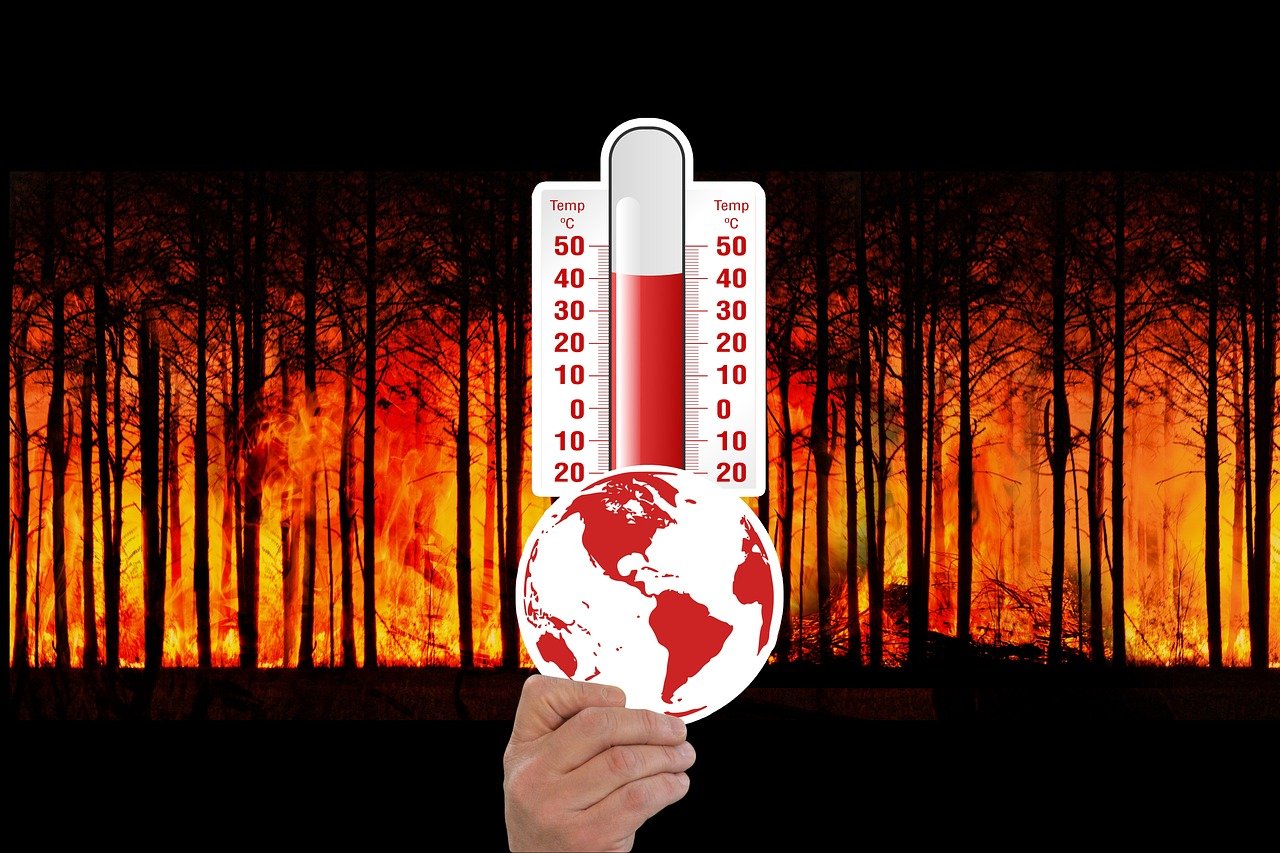The world has a rapidly closing window prevent catastrophic climate change, according to a sobering new report from leading scientists. Current emission rates give us only about three years before exhausting our remaining carbon budget to stay below the critical 1.5°C warming threshold set by the Paris Agreement.
The study reveals alarming acceleration in climate impacts:
- The Earth is warming at 0.27°C per decade – faster than any natural changes in geological records
- Ocean heat absorption has doubled since the 1970s
- Sea level rise is now occurring twice as fast as in the 1990s
At the start of 2020, scientists calculated we could emit 500 billion more tons of CO2 to have a 50% chance of staying under 1.5°C. By 2025, that budget has shrunk to just 130 billion tons due to continued record emissions and improved scientific understanding.
“The changes we’re seeing are unprecedented,” warns lead author Prof. Piers Forster. “Every fraction of warming we prevent means less suffering, especially for vulnerable populations.”
While technologies to remove CO2 from the atmosphere exist, scientists caution against relying on them as a magic solution. “For larger exceedances of 1.5°C, it becomes less likely removals can perfectly reverse the warming,” explains climate scientist Prof. Joeri Rogelj.
The report comes as global temperatures have already temporarily breached the 1.5°C mark, with 2023 recording 1.36°C above pre-industrial levels. Though natural weather patterns contributed, human-caused warming remains the primary driver.
There is some hope – the growth in emissions is slowing as clean energy expands. But scientists stress that immediate, drastic cuts are needed to change our warming trajectory. As Prof. Rogelj notes: “Reductions in emissions over the next decade can critically change the rate of warming.”






















